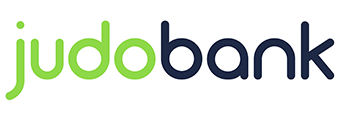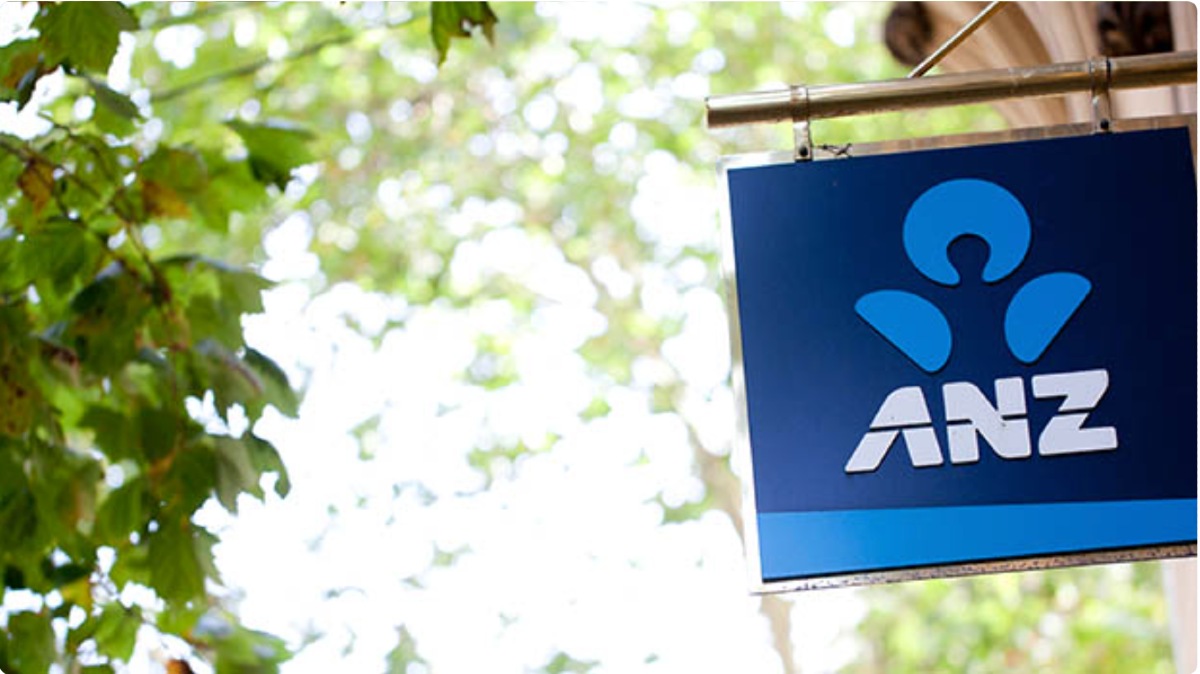What is an ADI?
Authorised deposit-taking institutions are licensed financial organisations that can legally accept deposits from members of the public. That means that banks and other financial institutions, such as credit unions and building societies, need an ADI license to offer any of the following:
-
call accounts
-
debit card accounts
-
personal basic accounts
-
farm management deposit accounts
-
pensioner deeming accounts
-
mortgage offset accounts (either 100% or partial offset) that are separate deposit accounts
-
trustee accounts
-
retirement savings accounts
APRA - the Australian Prudential Regulation Authority - regulates ADIs which are authorised under the Banking Act. This means any institution wishing to take deposits has to go through APRA to gain a license and will be subject to their requirements and ongoing supervision.
Why do we need ADIs?
From a broader perspective, ADIs are critical to Australia's financial health because they provide:
-
inbuilt depositor protection (more on this below)
-
financial stability
-
access to banking services for all Australians
-
access to credit to drive economic growth
From a consumer perspective, any deposits with registered ADIs are also covered by the Australian government's deposit guarantee.
How the government guarantee on ADIs works
The Australian government guarantees consumer deposits of up to $250,000 held at ADIs under the Financial Claims Scheme (FSC). This means that if the institution you have your money with collapses and the Australian government activates the scheme, APRA will pay you back up to $250,000. [Note that this would be a very unlikely situation - the last Australian bank failure was the Primary Producers Bank of Australia in 1931.]
During the GFC, the deposit guarantee increased to $1,000,000, but this was reduced to $250,000 in 2012. That means $250,000 is the maximum amount the government will return to you, even if you had more in your account at the time your financial institution went bust.
This return is capped at one person per financial institution, but you can get the guarantee from as many institutions as you like. For example, if you have three separate term deposits with three separate ADIs, then each of these would be safe under the guarantee, provided they all held $250,000 or less. However, if you had two term deposits at the same ADI which totalled more than $250,000, then you'd lose any extra cash you had over the $250,000 cap.
Beware brand names
It's worth noting too that some ADIs have multiple brand names. These different brands are still part of the one ADI, for example St George and BankSA operate under Westpac's ADI. Consumers are only covered up to $250,000 in total at each ADI, not at each different entity.
So, if you have some big deposits with a few different places, it's worth doing a quick search to see which ADI covers them to avoid any potential risks.
It's also worth noting foreign subsidiary banks operating in Australia are also covered by the Financial Claims Scheme, including:
-
Arab Bank Australia Ltd
-
Bank of China (Australia) Ltd
-
Bank of Sydney Ltd
-
Heartland Bank Australia Ltd
-
HSBC Bank Australia Ltd
-
ING
-
Rabobank
How many ADIs are there in Australia?
Australia has 86 ADIs covered by the Financial Claims Scheme, according to APRA at the time of writing.
See also: Banks vs credit unions vs non-banks: what's the difference?
If you're looking for a place to store your savings, the savings account products below have some of the most competitive interest rates currently on the market.

- Bonus variable rate for the first 4 months on balances up to $250k and high variable ongoing rates.
- No fees and no monthly requirements to earn interest.
- Easily open an account online in 3 minutes.
If you want to lock in your savings at a great rate, check out these 6-month term deposit products below with some of the best interest rates around.
Provider | |||||||||||||
|---|---|---|---|---|---|---|---|---|---|---|---|---|---|
| At Maturity | $product[$field["value"]] | $product[$field["value"]] | $product[$field["value"]] | 1000 | $product[$field["value"]] | $product[$field["value"]] | More details | ||||||
| FEATURED | Personal Term Deposits - 6 months
| ||||||||||||
Disclosure | |||||||||||||
Personal Term Deposits - 6 months
Disclosure
| |||||||||||||
| At Maturity | $product[$field["value"]] | $product[$field["value"]] | $product[$field["value"]] | 5000 | $product[$field["value"]] | $product[$field["value"]] | More details | ||||||
| Manage your term deposit online | Term Deposit - 6 months
| ||||||||||||
Term Deposit - 6 months
| |||||||||||||
| At Maturity | $product[$field["value"]] | $product[$field["value"]] | $product[$field["value"]] | 5000 | $product[$field["value"]] | $product[$field["value"]] | More details | ||||||
Term Deposit - 6 months | |||||||||||||
| At Maturity | $product[$field["value"]] | $product[$field["value"]] | $product[$field["value"]] | 25000 | $product[$field["value"]] | $product[$field["value"]] | More details | ||||||
Term Deposit - 6 months | |||||||||||||
| At Maturity | $product[$field["value"]] | $product[$field["value"]] | $product[$field["value"]] | 25000 | $product[$field["value"]] | $product[$field["value"]] | More details | ||||||
Term Deposit ($25,000+) - 6 months | |||||||||||||
| At Maturity | $product[$field["value"]] | $product[$field["value"]] | $product[$field["value"]] | 5000 | $product[$field["value"]] | $product[$field["value"]] | More details | ||||||
Macquarie Bank Term Deposit (<$1,000,000) - 6 months | |||||||||||||

- Competitive interest rates on all term lengths
- Deposits covered up to $250,000 under Government's Finance Claims Scheme
- Loyalty bonus at renewal
Non-ADIs
But just because an organisation isn't an ADI doesn't mean it can't offer financial products - it just can't offer deposit-taking services. Institutions that fall into this category are referred to as non-ADIs and include:
-
Broker-dealers: borrow from and lend to large corporations and governments
-
Non-banks & finance companies: provide loans (e.g. mortgages, car loans, personal loans) to households or SMEs (small-to-medium sized enterprises) with funding often exclusively sourced from wholesale markets (as opposed to consumer deposits)
-
Securitisers: issue securities backed by assets borrowed from third parties
For general consumers, non-banks can still be worth considering for their loan products, such as home loans, car loans, and personal loans. They still have to comply with the Consumer Credit Code which means their rates and fees need to be transparent to customers, and many non-bank lenders can offer loan products to compete with ADI lenders.
See also: Home loans from non-bank lenders
How does ADI home lending compare with non-ADI lending?
In the years prior to and during the pandemic, non-bank home lending accounted for around 5% of total housing credit in Australia but that declined as the higher-interest rate environment impacted non-bank funding costs compared to ADIs that benefit from (low and no-interest) deposit funding.
A Reserve Bank of Australia study in April 2024 found non-bank mortgage arrears tended to be higher than bank arrears and had risen more sharply than for banks in the post-pandemic inflationary environment. The study said this was because a higher proportion of non-bank lending is to borrowers who are more sensitive to economic conditions.
That said, the RBA found some non-banks have more relaxed underwriting and serviceability standards for new loans. This can see them offering niche lending solutions that larger institutions may not.
Savings.com.au's two cents
ADIs form the bedrock of Australia's banking system, offering consumer deposit-taking services with a money-back guarantee of up to $250,000 per ADI. This lends security and stability to Australia's financial system and ensures consumer funds are largely safe even in the event of an ADI collapsing.
While non-ADIs are not licensed to offer deposit services, they can be competitive in providing other financial products, including loans. The competitiveness of non-ADIs can depend, to some extent, on financial conditions in the wider market. For some borrowers, non-bank loan products can be worth considering, particularly if a potential borrower falls outside the parameters of the more highly regulated banking sector.
First published on December 2020
Image by Andrea Piacquadio via Pexels













 Bea Garcia
Bea Garcia
 Bernadette Lunas
Bernadette Lunas
 Harry O'Sullivan
Harry O'Sullivan



